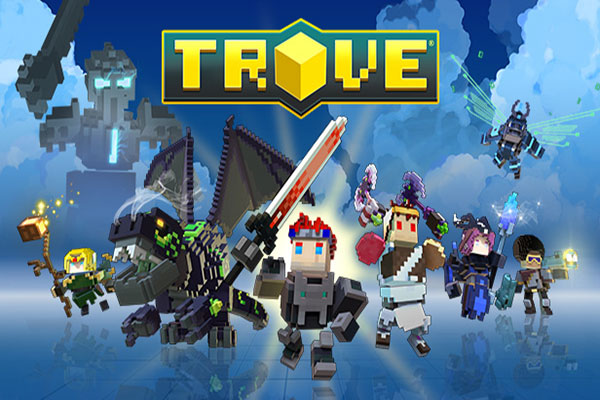


In his demo, Wyler inserted a Bash Bunny into his own computer and in less than a minute displayed on a projection screen every network he had ever accessed and the accompanying passwords, all for the price of $100. The second gadget was the Bash Bunny, a payload-equipped USB that made hacking information stored on a device absurdly easy. Wyler displayed all of the data he had collected from session attendees using the device in a hotel ballroom during his presentation on Monday. One was the WiFi Pineapple, a rogue access point that can steal data from hundreds of users at a time who are logged into a public network. Wyler demonstrated a couple of fairly basic hardware hacking tools that can be easily acquired online. Stolen credit cards and hacker training are not the only readily accessible resources in the cybercrime community. “The barrier for entry is very low.” Devices capture personal data “This stuff that we are battling against is not that difficult to do,” said Neil Wyler, a threat hunting and incident response specialist for RSA.
TROVE HACKS 2018 PC HOW TO
A search for “how to hack” on YouTube yields 93 million video results, including training tools titled “ How to hack a password in a PC” and “ How to reset a Windows password through a backdoor.” The latter posting had over four million views. A search in the site under “SaaS operations,” for example, yields more than 700,000 people, a veritable treasure trove for any hackers seeking to social-engineer their way into the corporate infrastructure.Įnterprising hackers looking to brush up on their skills or new ones seeking to get started have access to a range of “how-to” videos courtesy of YouTube. Part of the problem on LinkedIn lies in the ready availability of source information for information technology professionals, who can be courted by wily criminals with ready access to the current employment summaries posted on the site. They just “want to get on, get into things and learn,” she said. New employees joining a company, usually noted in LinkedIn profiles, are especially vulnerable to phishing scams, according to Ayelet Biger-Levin, RSA’s senior consultant for identity product marketing. The practice of social engineering is being exploited by criminals who befriend LinkedIn users under the guise of a job recruiter or industry colleague. Instagram is a popular site for carding activity, according to the RSA researchers, who provided session attendees with online pages, mostly from international users, that freely advertised popular items such as the Apple iPhone at cut rate prices because “we order all product by #hack cards.” Social engineering via LinkedInĮven LinkedIn, generally considered a carefully monitored and curated site for business professionals, can be used for phishing scams. “They are operating completely out in the open,” Cohen said.Īnother area of online credit card fraud involves “carding,” where the holder of a stolen card number purchases store-branded gift cards which are then either sold or used to buy merchandise for others. “Fresh” numbers will likely be snapped up, used and closed within 24 hours of posting by hackers. Looking for sites with credit card numbers for sale? Type “ccnum” into the Facebook search bar and the result will be multiple sites listing card numbers available for ready use.īut don’t delay. “Social media is doing a great job of bringing hackers together in a global community.” Stolen credit cards on Facebook “It’s a very active space,” said Daniel Cohen, head of the FraudAction business unit at RSA. It won’t take long to realize that the freewheeling world of social media is helping the well-meaning and the malevolent in equal measure.Īt the RSA Conference in San Francisco on Monday, three members of the RSA Security LLC threat investigation team presented a view of the cyberworld that the vast majority of people likely never take the time to find. If people are still wondering how cybercrime continues to expand unchecked, they might take a few minutes to browse some very familiar sites, such as Facebook, YouTube, Instagram and even LinkedIn. Most of what’s needed is available on the open internet and the cost ranges from minimal to free. Forget about looking for the necessary tools on the dark web, that corner of the internet reachable only through special software. Interested in becoming a hacker? Not exactly sure where to start? No worries.


 0 kommentar(er)
0 kommentar(er)
